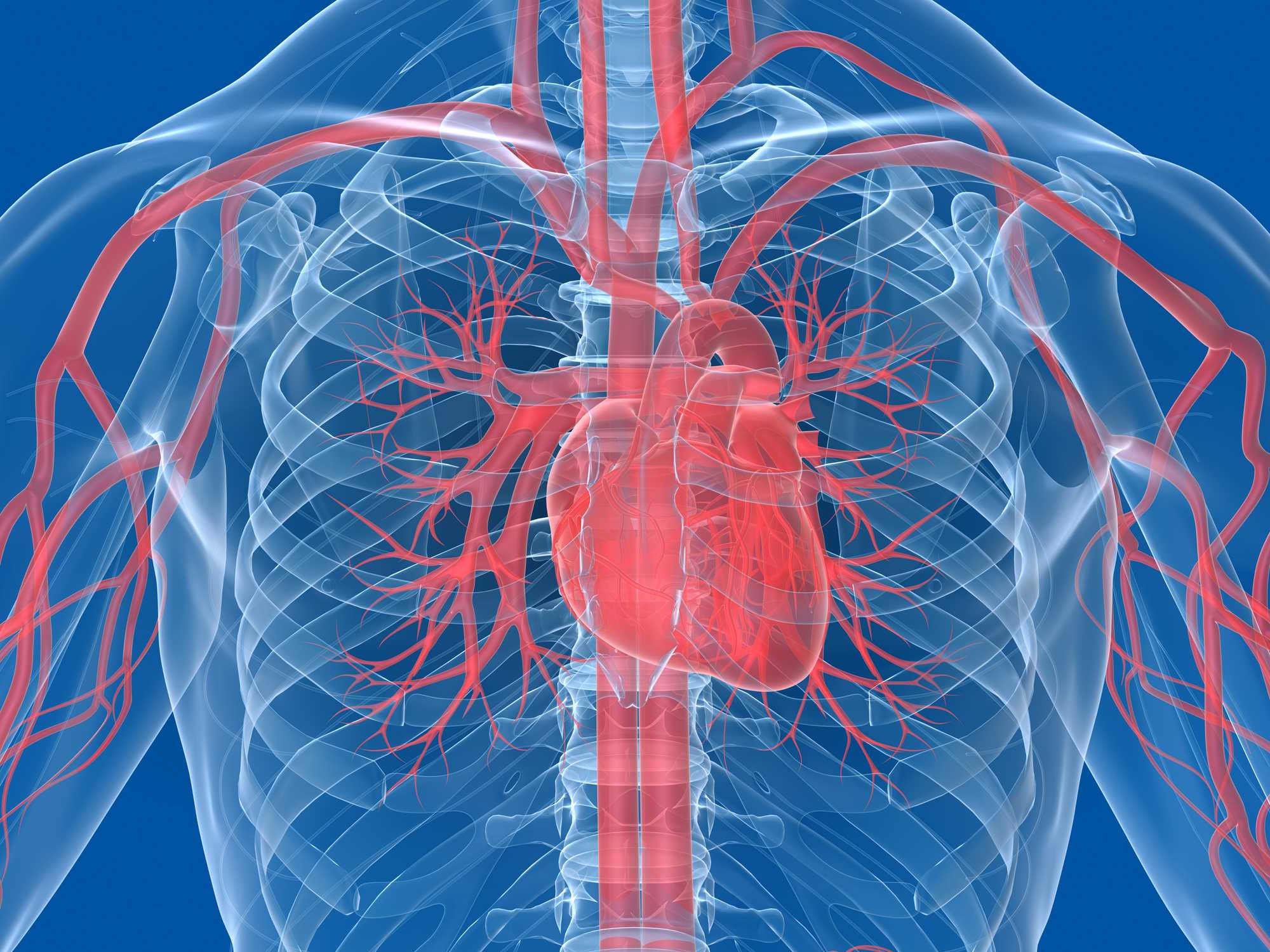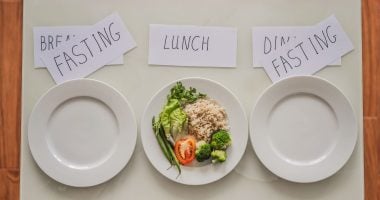Any significant change to your diet can lead to side effects and the low carb diet is no exception.
The side effects can often be lessened or prevented by taking certain precautions.
It is important to speak to your doctor before commencing a significant change to your diet.
Low-carb flu
People that significantly reduce their carbohydrate may experience the following side effects:
- Fatigue
- Brain fog
- Headaches
These side effects, often casually referred to as ‘low-carb flu’, are usually the result of the body passing out fluid and salts from the body in the initial weeks of the diet.
‘Low-carb flu’ can be minimised by ensuring you have enough salt and keep a little more hydrated than usual.
Restricting carbohydrate intake gradually may also help to lessen the effects.
Low blood sugar (hypoglycemia)
If you take insulin or tablets that can cause hypos (such as sulphonylureas or prandial glucose regulators), it is important that precautions are taken to prevent hypos from occurring.
If your carbohydrate intake is significantly reduced, your dosage will likely need to be reviewed to prevent hypos becoming more likely.
It is especially important that your doctor is consulted before starting a low carb diet if you are on medication that can lead to hypos.
- Read about the symptoms of hypoglycemia
Cramps
Cramps resulting soon after starting a low-carbohydrate diet may be a result of lost salts such as potassium, magnesium or sodium.
If you are getting cramps, ensure you are getting sufficient potassium from your diet. Good sources of potassium include yoghurt, salmon, eggs, almonds and mushrooms.
If you continue to have cramps, speak to your doctor who should be able to help you address the issue.
Constipation
Constipation can often occur with any significant change of diet and frequently this side effect will pass after a few weeks as your gut gets used to the change.
Ensure you are having sufficient hydration and a strong vegetable intake.
If constipation is making you very uncomfortable, a bulking laxative, such as ispaghula husk or methylcellulose, may help. [268]
If constipation continues to be a problem consult your doctor or dietitian.
Less likely: Nutrition deficiency
Usually, people going onto a low-carb diet will usually find they have a healthier, more varied diet as less starchy foods means more space for vegetables.
However, as with most diets, it is possible to make mistakes that could result in nutrient deficiencies.
For help towards eating a healthy, low-carb diet see our guide on how to follow a healthy low-carb diet
Or for step by step advice on starting a low-carb diet, join the Low Carb Program
For individual advice on whether your diet is balanced, check your dietary intake with a dietitian.









